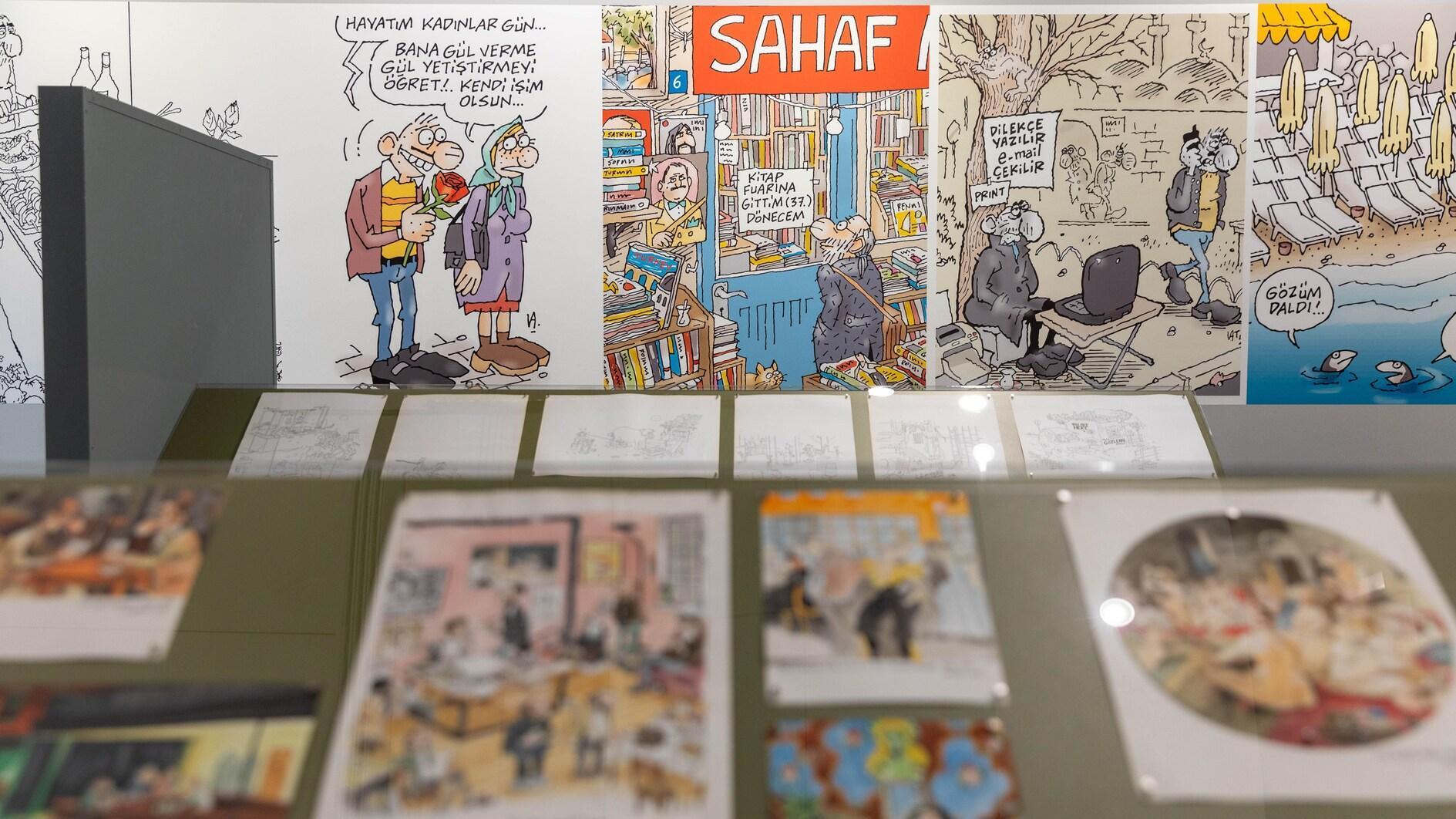Professor acts like a provincial politician
I had a short “academic” experience after I graduated from Ankara University’s Political Sciences Faculty. I had decided to quit journalism, which I had started as a student, and switched to academia because I was accepted to an assistant post at Adana School of Economy and Administrative Sciences, Economy Department.
I had wonderful “role models” ahead of me. Several academics such as Ahmet Taner Kışlalı, Kurthan Fişek and Ünsal Oskay were my mentors.
In six months, I recognized journalism was a more suitable profession for me, but I knew how important it was for a society to have serious academics; I still think so.
For this reason, I need to say that when Professor Ahmet Davutoğlu became prime minister, despite being at the different poles with him ideologically, I was hopeful.
Right, I do not agree with his Pan-Islamist ideas, his vision of the world and the political stream he is representing, but I had hopes that “He is a serious academic, maybe through him the country’s political atmosphere will be introduced with quality…”
However, after watching the mundane heroic show at Diyarbakır the other day, my disappointment multiplied.
I can understand him when he says what will hold Anatolia together is “the feature of Islam.” He believes in this ideologically; I can argue with him, but I can understand what he is saying.
However, which part of this sentence “There were those during Feb. 28 [1997 coup] who wanted to remove the crescent from the flag because it represented Islam,” could I possibly hold on to?
I am in no agreement with any of the acts the Feb. 28 perpetrators staged; the copies of daily Radikal, which I was managing in those days and my columns, are all in the archives. Because of this, I can easily say that I have not heard, not read from any serious source the demand the prime minister mentioned.
It looks as if the prime minister, despite his academic title “professor” can easily, like a provincial politician, say the first palaver that comes to his mind.
If you ask me if this would convert into votes, yes it can. People in our country are able to believe in this. What else do they not believe?
But, it is a pity that so many long years are spent to gain the title of professor. I just wanted to point that out…
Torture or ‘simple bodily injury’
Prevention of torture and maltreatment in a country is not possible with laws alone. If that were possible, many countries, including ours, would have succeeded in this.
What is important is the anti-torture and anti-maltreatment stance of those who will enforce these laws.
How tolerant are public administrators in this issue? Do they act with the reflex of “protecting their men” or are they persistent in enforcing the laws? What is the attitude of judges before torture and maltreatment?
In our country, torture and maltreatment are not prevented because of this. Directors protect their subordinate torturers; the justice system’s protective shield complements this order.
From daily Milliyet, Kemal Göktaş compiled these interesting facts showing us how those acts that are defined by the rulings of the Supreme Court of Appeals as torture are assessed as “simple bodily injury” crimes by courts, leaving the torturers unpunished.
Gezi victim Ali İsmail Korkmaz’s being beaten and killed in an alley in Eskişehir by plainclothes policemen and shopkeepers were seen as a “crime of injury.”
The first case was opened because of causing bodily injury in the case where policemen were beating a woman at İzmir’s Karabağlar Police Station for minutes. However when it was recognized that the police expert did not take into account the torturous actions seen in the footage, the court decided on “lack of jurisdiction” and sent the file to the high criminal court. Here, the prosecutor insisted that the crime was “injury.”
In the case where Nezir Çirik was beaten at Taksim Police Station until his spleen was fractured, the prosecutor, on grounds that the act did not contain any behavior that is incompatible with human dignity or any humiliation, asked for penalties for causing bodily harm.
In Antalya, for the policemen who beat three youngsters who took shelter in a parking lot while escaping from police violence, received penalties due to “simple injury.”
This is a long list; I cannot give every detail.
Our prosecutors and judges should question once more their tendencies to thus simplify this shameful crime…











